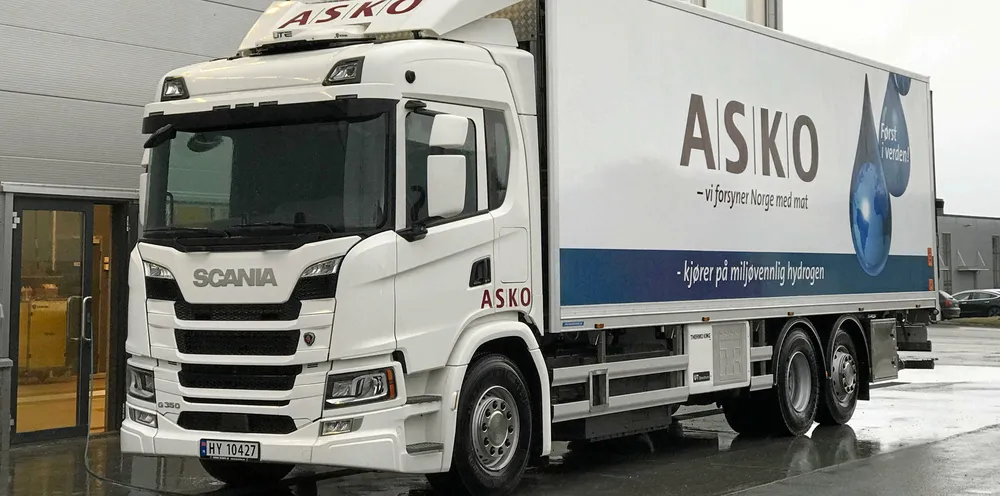After plotting battery-electric future, truck maker Scania hedges bets with new hydrogen vehicles
The Volkswagen-owned company last year issued statement dismissive of H2's future role in long-distance transport, but says it is now building 'an initial 20 fuel-cell trucks'
